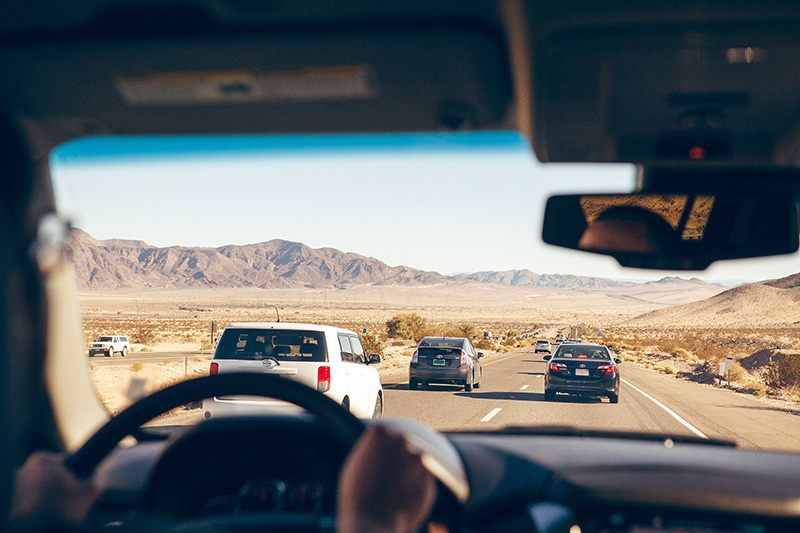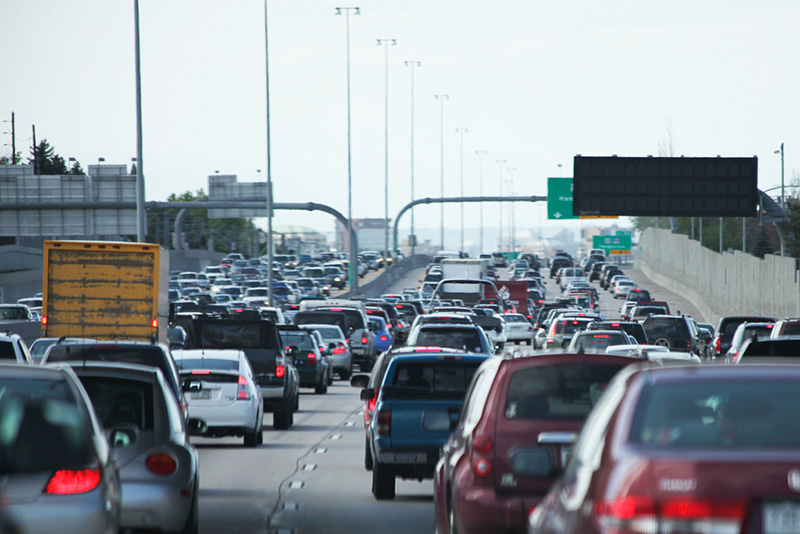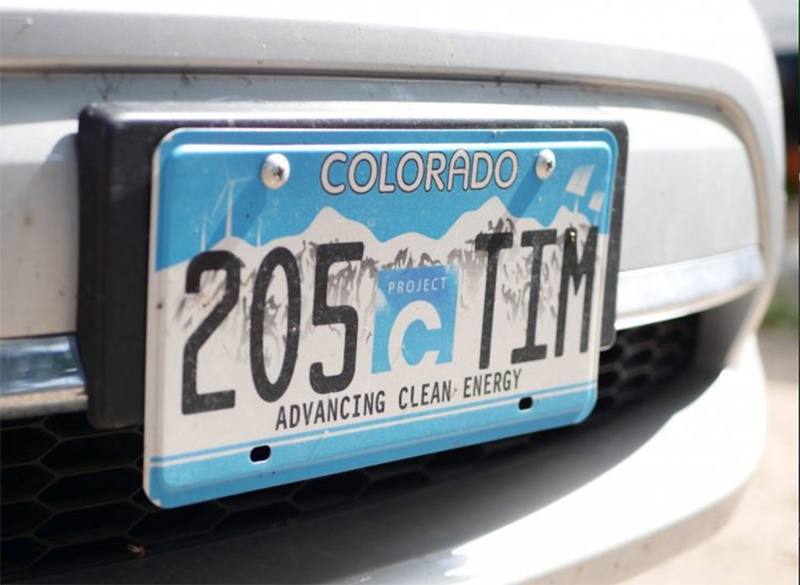
Dear Eartha, I’d like to decrease my carbon footprint. I have a good understanding of how to decrease my home energy use, and I know that I can buy renewable electricity from Xcel Energy. I’m also trying to purchase less, waste less, and eat less meat. But I can’t afford an electric car right now, and I can’t walk to work. How do I account for all my transportation emissions?
Thanks for your question, Lucy! I’m excited about your project — we should all take the time to examine our carbon footprints and take action to decrease them. In our community, we’re fortunate to have programs that incentivize home energy efficiency as well as utility programs that provide easy and relatively inexpensive access to clean electricity. And we also have two great public transportation systems in the county. But unfortunately, there are a few barriers to using public transportation, including the schedule, frequency of buses, and the proximity of the stop to both your home and destination.
Now, don’t get me wrong, Lucy: I fully support using public transportation whenever possible. Nationwide, over 35 million people use public transportation each weekday, and ridership increased by 38 percent in the past 20 years (although ridership is down more recently, partially attributed to cheap gas and ride-sharing services). I personally love taking the bus to the slopes during ski season, and I think it’s awesome that so many other residents and visitors do, too. However, buses aren’t an on-demand service, and sometimes even the eco-friendliest among us need to get to places the bus doesn’t go, or travel at times the bus doesn’t accommodate. For those situations when you just have to have your car — after all, Bustang doesn’t go to Moab yet — consider purchasing carbon offsets.
What are carbon offsets?
When you buy carbon offsets, you invest in projects designed to reduce the amount of greenhouse gases in the atmosphere. For example, you might pay into in a forest restoration project, renewable energy installation, or methane capture at landfills. Don’t let the word “invest” scare you — these aren’t major contributions. I offset a year’s worth of emissions for my car for just $61.
While the concept of offsets is straightforward, there are a few things to keep in mind when looking for legitimate projects.
First, projects must be additional. This means the emissions reductions wouldn’t happen without the investment in the project. Second, there shouldn’t be any leakage. Leakage refers to the situation when emissions reduced through one project are shifted elsewhere — instead of logging in a forest protected by a project, loggers simply move to a different forest nearby. Third, the project must be permanent, meaning the emissions must be offset forever. And finally, projects must be verifiable. A third party should be able to review the project data and confirm that the carbon reductions are real and credible.
This might seem like a headache, but the good news is that when you buy carbon offsets from a trusted source, they take care of all the legwork for you. And even better, there’s a resource for offset projects taking place right here in Colorado.
COLORADO CARBON FUND
Started by the folks at the nonprofit Natural Capitalism Solutions, the Colorado Carbon Fund‘s mission is to provide funding for carbon reduction projects based in Colorado. Offering offsets to businesses, local governments, and residents, CCF invests in projects such as landfill methane capture, grasslands preservation, and innovative transportation strategies. On its website, there’s a calculator that you can use to estimate your car’s annual emissions, and you can donate to CCF to support its offset projects. If you offset at least 50 percent of your total emissions, CCF will send you a certificate that entitles you to a special carbon-neutral license plate. You’ll have to pay a one-time plate fee at the DMV during your annual registration, but this way you let others know that you support carbon reduction in our state.
Carbon offsets are considered a last resort — you should do all you can to reduce your emissions before purchasing offsets. And when it comes to cars, don’t forget that you have other options besides driving solo. Consider finding co-workers or neighbors to carpool with and creating incentive programs at work to encourage employees to carpool or use public transportation.
For many Americans, the car is a symbol of freedom — with gas in the tank, you can go wherever you want when you want. But the gasoline-powered car is also a symbol of our addiction to fossil fuels. So as long as you’re going to drive, put your mileage to good use by supporting emissions reductions in our state.


